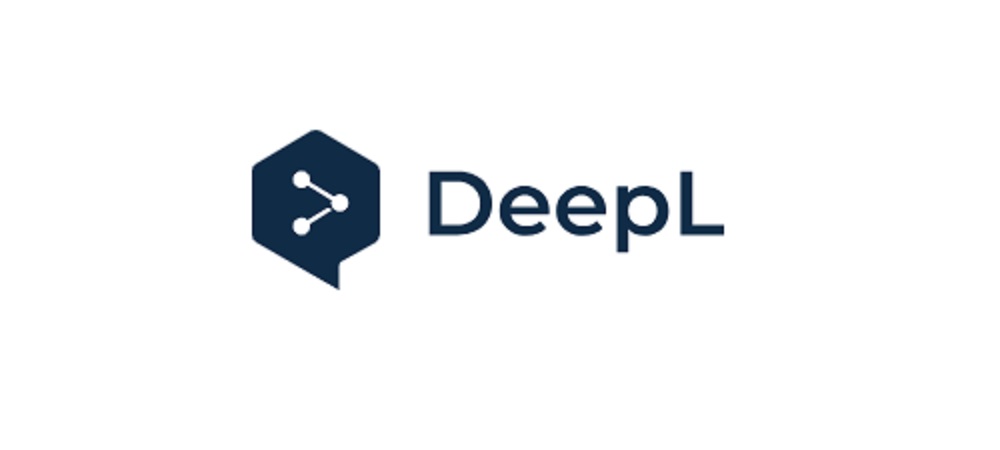
New DeepL research finds AI is now used for 4 in 10 customer interactions in financial industry, with multilingual communication as the leading application. Seven in ten finance professionals say AI improves the speed and availability of customer support. However, nearly two-thirds (65%) of financial services professionals admit employees are already using unapproved AI tools to communicate with customers. This poses serious cybersecurity concerns.
Artificial intelligence is rapidly becoming essential to how banks and fintechs retain customers in international markets, according to new research from DeepL, a global AI product and research company. A new survey of 1,500 financial services professionals across the UK, France and Germany reveals that AI is now embedded in customer communications – from faster support to real-time multilingual translation – with 4 in 10 client interactions already AI-powered.
With nearly half of all client work now cross-border, firms are using AI to deliver consistent, trusted experiences at speed and scale. But the research also highlights growing risks from “shadow AI,” as employees turn to unapproved tools that could undermine customer trust and regulatory compliance.
AI’s increasingly vital role in financial services customer communications
AI is now responsible for a significant share of customer interactions in financial services. On average, 41% of all client communications already involve AI tools, a figure that is projected to rise to 48% within 12 months and 51% within three years.
The most common uses for AI in customer communications include:
Translation is the most popular use case, reflecting the pressures financial services firms face in serving increasingly international customer bases, overcoming persistent language barriers, and addressing challenges in hiring multilingual staff.
AI is changing the face of cross border communications
Nearly half (46%) of all customer work in financial services is now cross-border, rising to 50% in Germany. Yet firms are struggling to keep pace with the communication demands that come with international business: 85% percent of professionals report that language gaps have slowed down customer activity for non-English speakers, and 80% say it is difficult to hire staff who can communicate effectively across multiple languages and regions.
Against this backdrop, AI is emerging as a powerful tool to improve customer communication. Seven in ten finance professionals say AI improves the speed and availability of customer support, while the same proportion believe it helps maintain consistent communication quality across languages. Nearly seven in ten also report that customers are more satisfied when service is available in their preferred language. These findings highlight how AI is not only helping firms manage the complexity of cross-border work but also strengthening customer trust and loyalty in highly competitive markets.
Shadow AI risks the reputation of financial services firms
Alongside rapid adoption of AI in customer facing areas comes increased risk. The research highlights mounting concerns around “shadow AI,” where employees turn to unapproved AI tools to save time but without oversight or safeguards.
Nearly two-thirds (65%) of financial services professionals admit employees are already using unapproved AI tools to communicate with customers. This poses serious cybersecurity and compliance concerns, as sensitive data may be exposed without the right safeguards. Shadow AI often arises when teams do not have access to the specialist tools they need — for example, using general-purpose AI tools when secure, purpose-built translation solutions are required. To address this, firms must ensure IT and customer-facing teams work together to choose the right solutions.
“In financial services, where every interaction is highly regulated and reputational risk is acute, staff will inevitably look for workarounds if the tools provided don’t meet their needs,” said David Parry-Jones, Chief Revenue Officer at DeepL. “The real risk is not employees experimenting with AI, but companies failing to give them secure, fit-for-purpose solutions. By building a collaborative approach between IT and frontline teams, organisations can avoid shadow AI, protect against cybersecurity threats, and still realise the full benefits of trusted AI.”
____________
DeepL is a global AI product and research company focused on building secure, intelligent solutions to complex business problems. Over 200,000 customers and millions of individuals across 228 global markets today trust DeepL’s Language AI platform for human-like translation, improved writing and real-time voice translation. Building on a history of innovation, quality and security, DeepL continues to expand its offerings beyond the field of Language, including the soon to be released DeepL Agent – an autonomous AI assistant designed to transform the way businesses and knowledge workers get work done. Founded in 2017 by CEO Jaroslaw “Jarek” Kutylowski, DeepL now has over 1,000 employees and is supported by world-renowned investors including Benchmark, IVP, and Index Ventures.
Banking 4.0 – „how was the experience for you”
„To be honest I think that Sinaia, your conference, is much better then Davos.”
Many more interesting quotes in the video below: